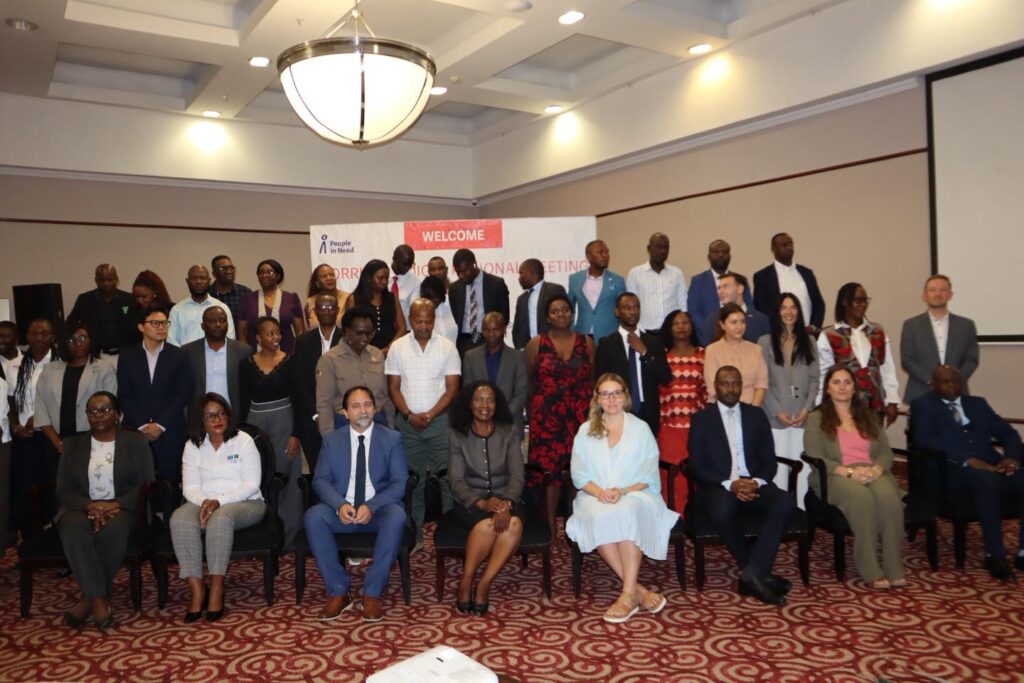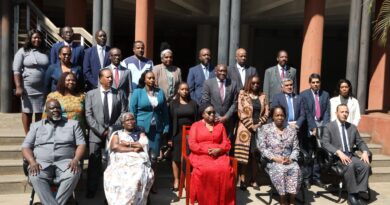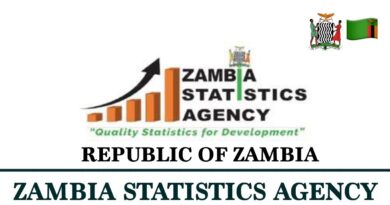Gov’t Stresses Community Benefits at Heart of Infrastructure Development
The Zambia Government has reaffirmed its commitment to ensuring that major infrastructure developments translate into real and lasting improvements in the lives of ordinary citizens.
Speaking at the regional meeting themed “Corridor Voices: Civil Society at the Heart of Inclusive and Sustainable Lobito Corridor Development,” Ministry of Community Development and Social Services Permanent Secretary, Ms Beatrice Chilomo, stressed that roads, railways, and ports only have meaning when they bring tangible opportunities to the people who live along them.
The event brought together civil society organisations from Zambia, Angola and the Democratic Republic of Congo, government ministries, international NGOs, and the European Union.
Ms Chilomo described the Lobito Corridor as one of the most significant infrastructure investments in recent regional history, with the potential to boost economic growth, create jobs and strengthen cross-border trade. However, she cautioned that development must not overlook the communities it intends to transform.
She added that meaningful participation is key: “These benefits can only be realised if communities are informed and engaged from the earliest stages. Local voices must shape decisions, not simply respond to them.”
The Permanent Secretary emphasised that the gains from the Lobito Corridor must be inclusive and equitable, reaching women, young people, and marginalised citizens. She highlighted the importance of strong social and environmental safeguards to prevent displacement or exploitation.
She further called on civil society organisations to complement government efforts in safeguarding people-centred growth.
“Sustainable development cannot be achieved by government alone. Civil society organisations are essential partners in monitoring social safeguards, amplifying community priorities, promoting accountability, and de-risking investments,” she stated.
European Union Team Leader for Social Sector and Governance, Mr Bodgan Stefanescu, said the initiative reflects a shared commitment to partnership and transparency, noting that the corridor should become “a pathway for social progress and accountability,” not just a commercial transport route.
Ms Stefania Lagonigro, Country Director for People in Need Zambia, praised Zambia’s Vision 2030 for placing community participation and inclusiveness at the centre of national development, saying the Lobito Corridor should build on this strong foundation.
The Corridor Voices initiative, launched by People in Need Zambia, seeks to ensure that communities and civil society remain at the core of the corridor’s planning, delivery and oversight, guaranteeing that infrastructure investment is matched with social and economic impact on the ground.



